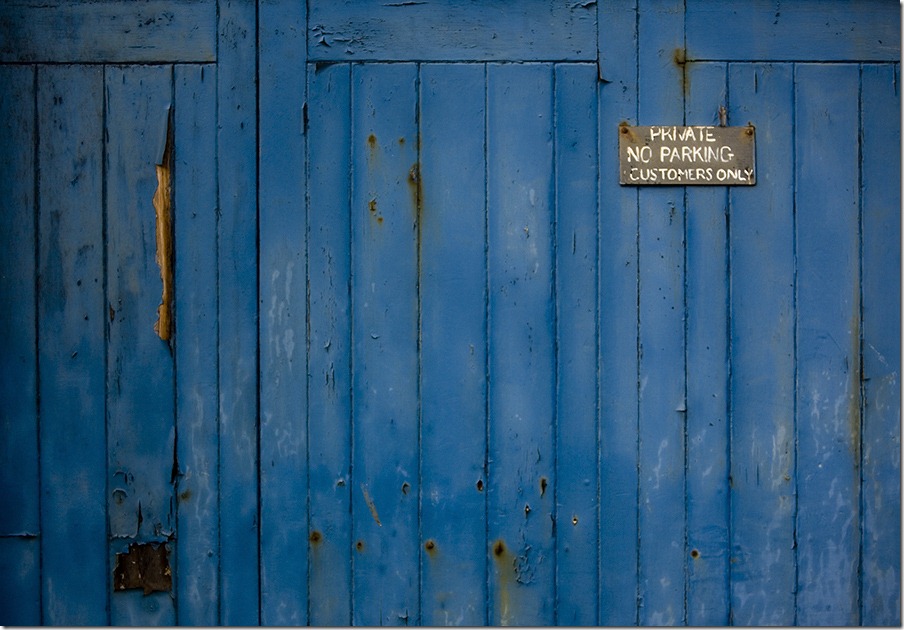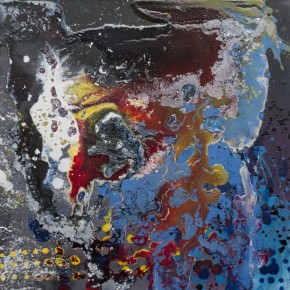Our writers share their no-parking lot.
Welcome to UTD: Home of the “No Student Parking Zone”
Glenn Averoigne
Today was the last straw between me and the University of Texas at Dallas (UTD) Parking; but let us begin our tale with the birth of the newest UTD student parking lot by the Conference Center (CN).
Additional parking would seem like a quick solution to many of UTD’s congestion issues, but they made the brilliant decision to add more Gold and Orange spaces to Lot H (next to Hoblitzelle), replace half of the Orange spaces in the ATEC lot with Gold spaces, and turn Lot I (next to CN and Lot H) into a visitors only lot. These adjustments would not be so rage-inducing if not for the sad tales that I, and many other students, will tell you.
In the off-chance that anyone has managed to not notice the vast space between Green spaces in the north lots (A through D) and buildings like SLC (formerly MSET), Hoblitzelle and the Conference Center, it’s a hike: the distance is roughly 1200 steps from the back-end of Lot A to the lecture hall in SLC. That doesn’t sound too bad at first, but it’s still ten minutes at a brisk walk and a twenty-minute hike for a student with a bum leg like me.
So it’s a hike; that sounds to most people like a personal problem.
In most cases it would be, but arriving more than half an hour before class starts just to get a parking space that won’t make you late for class is somewhat of a big issue. Considering that I, as a general rule, get to campus half an hour early and still can’t find a parking space, it’s an even bigger issue. I don’t like it one bit.
The icing on the cake is the “Visitors Only: Pass Required” lot. For starters, it’s always filled with student cars.
The second helping is that it’s now being ticketed.
The final nail in the coffin is that as recently as last week, after I had been ticketed twice, visitors to campus, including visitors attending the same State of the Union party I was invited to, were being told to “park in Green because they [weren’t] ticketing there yet”.
If visitors aren’t being expressly told to park in the lot set aside for their needs, why am I paying 85 dollars per academic year to not be able to park?
The cherry for me was arriving before 11 am to go to a class that starts at 11:30 only to drive around for nearly forty-five minutes before finding a spot, in the back end of Lot A, 1200 steps and twenty minutes away from my destination (a class that I paid quite handsomely for). By the time I made it to my class, I was over half an hour late, which is absolutely ridiculous. And I thought parking in Oak Lawn on a Friday night was bad…(editor’s note: it is)
I suppose my qualm is this: I don’t pay five grand a semester for classes and eighty-five dollars for parking each year to be told there is actually an entire lot on campus that I’m not allowed to use. As a student, I have classes, work and organizational meeting that require me to arrive on time. Visitors are here to visit; they aren’t losing their money by running a few minutes late because there is no parking for them. I would like to mention that professors are well within their rights to lock their doors or ask students who arrive late to leave.
So my question is this: why am I being punished for being a student?
Stephanie Vastine
Even though UTD is a commuter school, the parking accommodations are absolutely ridiculous. Students pay good money for their parking passes, which they rarely even use since all the parking spots in gold and green are practically full by about 9:00 in the morning, forcing many students to park in the visitor spots. Many commuters are late to their classes because they have to spend time circling the lots looking for a spot. This is certainly frustrating, especially for the commuting students such as myself who have to drive 30-45 minutes to class every day and factor in the time for finding parking.
What is more frustrating is the Waterview parking situation. If a commuter has friends who live in there, they cannot park near the apartments with a gold or green pass. If they do, even for a brief period, they will find a lovely $40 ticket flapping in the breeze under their windshield wiper. This makes no sense to me. If we pay $80- $150 for a parking pass, it should also count for parking at the apartments. It is almost like punishing commuter students for having friends who live on campus by not allowing them to park in Waterview. Also, $40 is a large ticket, and multiple violations add up quickly and can become very expensive.
There is one way to get a visitor pass to park in Waterview, but it is extremely complicated and not worth the hassle for many students who want to visit their friends.
You have to go to the leasing office with the person you are visiting, (so you have to pick them up without parking somehow), and then fill out multiple forms and paperwork, all for a temporary, one-day pass. This seems frivolous and unreasonable considering that students pay a substantial amount of money for their parking passes, but then can only use them in very specific places on campus. For now, even with a gold or green parking pass, students have to park in their section near the conference center and then just walk to the apartments, which can be pretty confusing, especially if you’re not familiar with the layout of the apartment buildings. Why all the hassle for a UTD student to visit a friend in the apartments? Who does it effect negatively to have students with parking passes in the apartments?
This is a problem that needs to be addressed by faculty, since many cars have been ticketed, some multiple times, for parking in Waterview without a pass. If parking in gold and green is nearly impossible to find anyways, and many students resort to parking in visitor sections, maybe buying a parking pass in the first place is unnecessary. The point is, commuter students should not be fined extra money and hassled for parking on their own school’s campus, when they already have to pay extra money for a pass because they drive to school.
The response from UTD to the issues raised in these essays can be found here.



Recent Comments